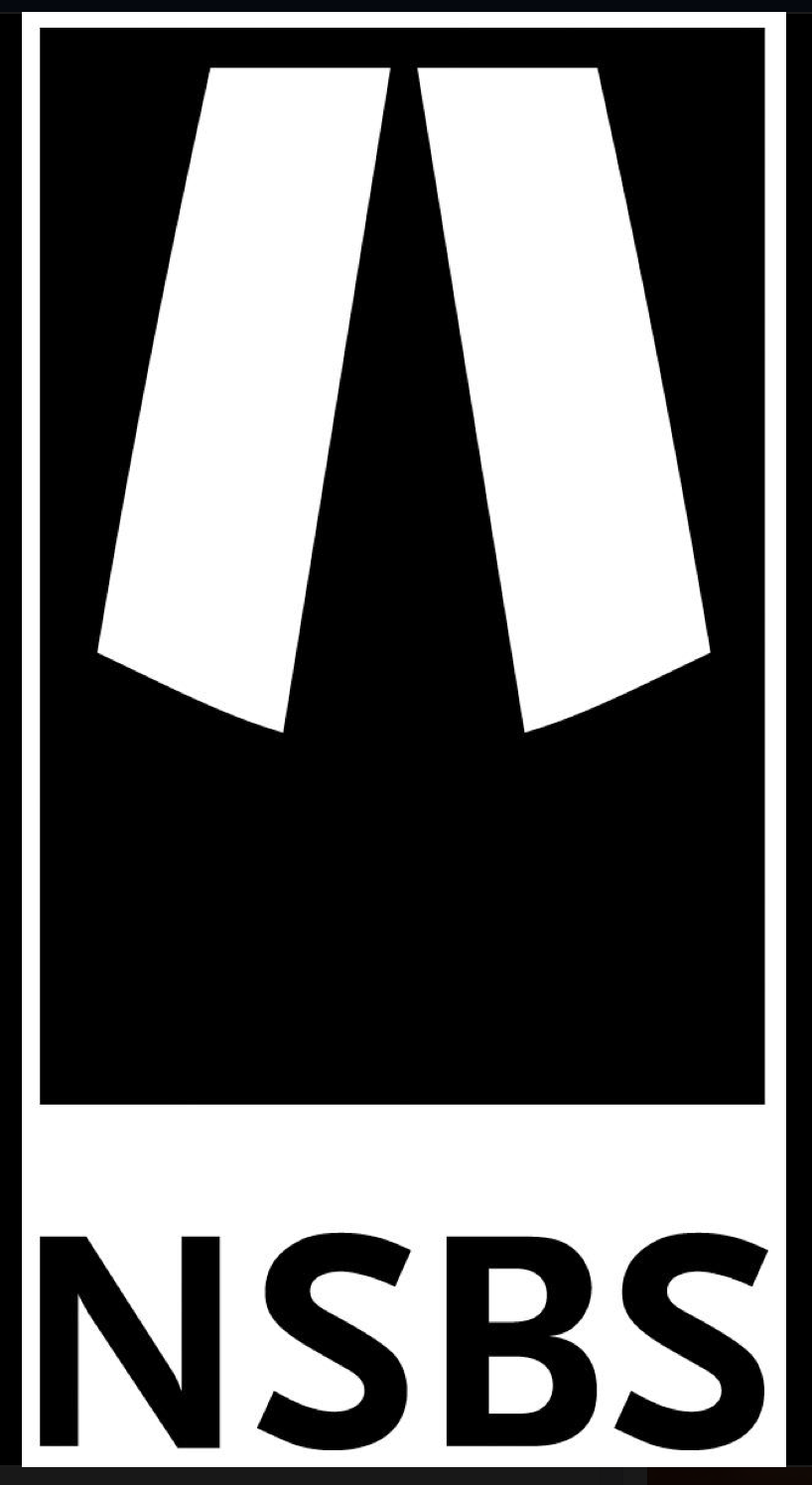The Nova Scotia Barristers’ Society will usher in the new year with a new disciplinary standard. Effective Jan. 1, the society’s online member directory will include discipline information dating back to 1993.

The reason for the enhanced transparency is twofold. Improved access is a driving factor. The discipline information that will be available online, which includes any public decision by the complaints investigation committee or a hearing panel, is already published on CanLII and available in files at the Prothonotary, but the details may be difficult for people to dig up.
The new standard, says NSBS executive director Darrel Pink, “allows a member of the public to know easily about a lawyer’s disciplinary history.” That ease of access, he adds, is expected today by the public.
“The modern legal regulator ensures as much as possible key aspects of regulation are available to the public,” he says.
The new standard, which does not include publication of staff letters of advice, CIC counsels, or cautions, is also part of a national effort by law societies to put in place the Federation of Law Societies of Canada’s national discipline standards. Those standards are intended to create greater consistency with regard to complaints handling across the country. Such uniformity is important, says Pink.
“The public ought to expect legal regulators to behave in ways that are consistent.”
Nova Scotia, considered a leader in this area, has now put in place all the new standards. Standard No. 19, online access to the discipline histories of members, was the last to be implemented. At least one other law society, Ontario, has already put this standard into practice.
Lawyers have been well informed about the change. In addition to circulating a general notice to the membership, the society has written to each individual lawyer whose online membership record will be amended to confirm the information that will be included on the website.
Pink doesn’t feel lawyers will be concerned by the easier access to disciplinary information, which has been available on CanLII since 1993. “I would hope lawyers would say this is in the public interest,” he says.

 The reason for the enhanced transparency is twofold. Improved access is a driving factor. The discipline information that will be available online, which includes any public decision by the complaints investigation committee or a hearing panel, is already published on CanLII and available in files at the Prothonotary, but the details may be difficult for people to dig up.
The reason for the enhanced transparency is twofold. Improved access is a driving factor. The discipline information that will be available online, which includes any public decision by the complaints investigation committee or a hearing panel, is already published on CanLII and available in files at the Prothonotary, but the details may be difficult for people to dig up.